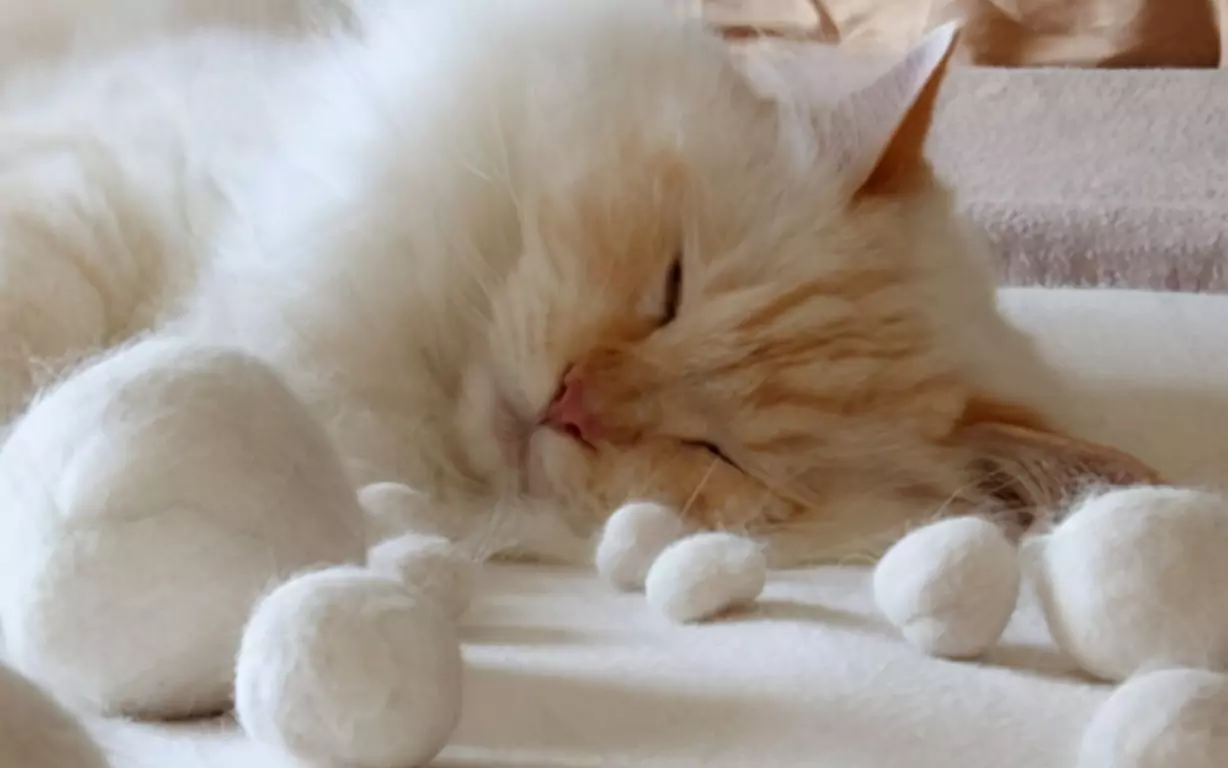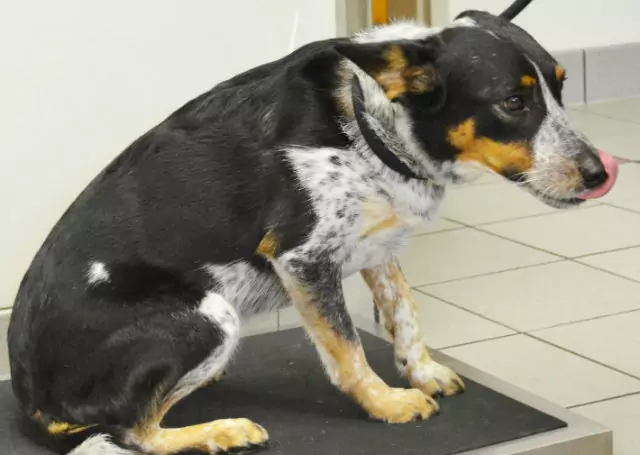Can cats eat broccoli? Pay attention to these things when feeding
2022-07-01
Can cats eat broccoli
You can feed it in small amounts, but pay attention to whether your cat has any allergies, but most likely not. Secondly, cats are not allowed to eat vegetables with irritating odors, such as garlic, onions, garlic cloves, etc. Most vegetables can still be eaten, but pay attention to the right amount, too much consumption may cause gastrointestinal discomfort in cats promotion vomiting diarrhea, a small amount can be supplemented with vitamins, trace elements and other nutrients.
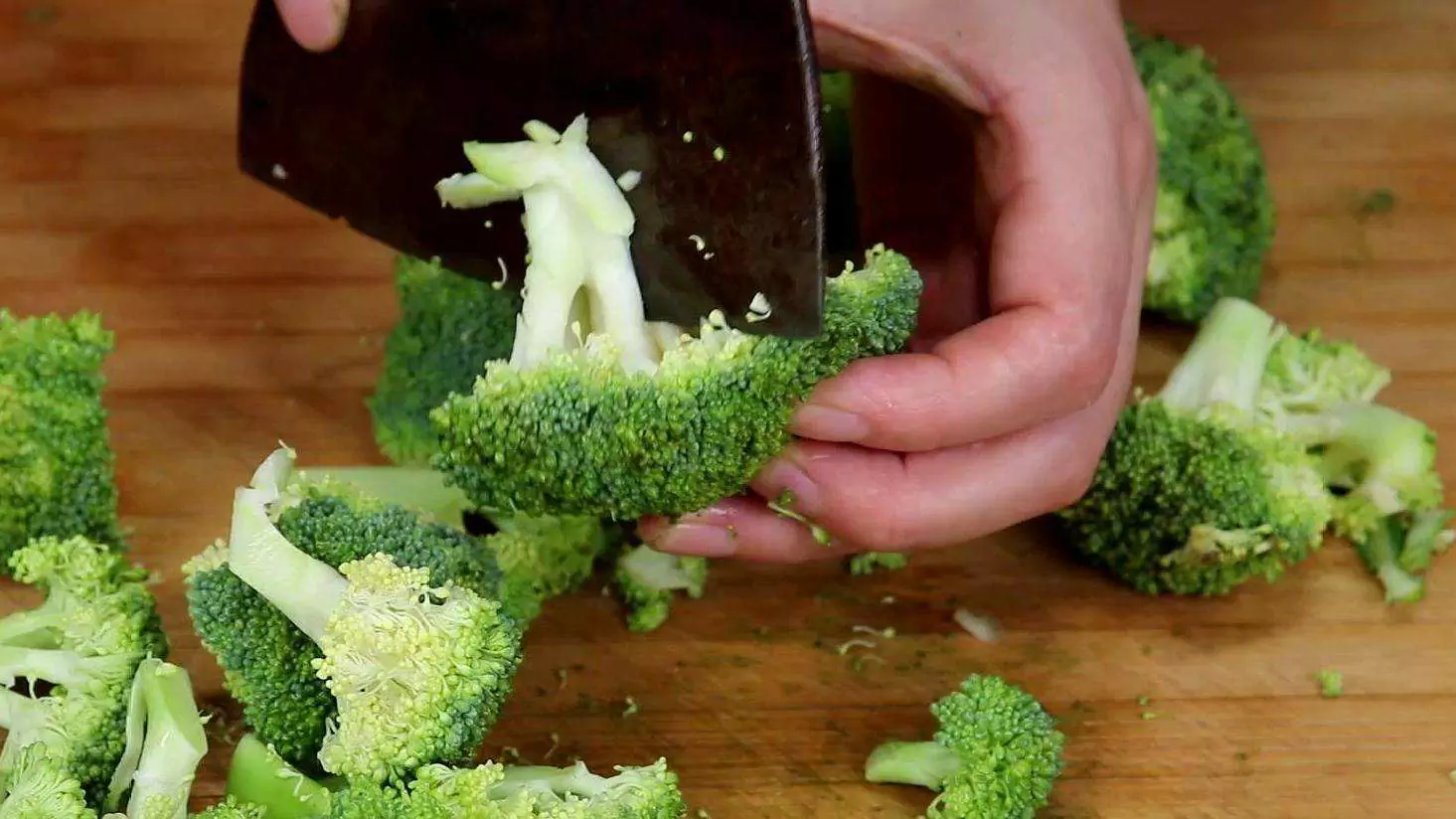
Can cats eat broccoli?
Cats can eat broccoli, but they should eat it cooked and not too much at a time, otherwise they will have gastrointestinal discomfort. Usually, giving cats some vegetables can help them to replenish their nutrition, but foods such as onion, ginger, garlic and pepper must not be given to cats. These foods are too stimulating and can cause anemia in cats.
Cats can eat cooked broccoli
Owners can feed their cats broccoli, but do not feed them directly raw. It is necessary to boil broccoli in plain water before feeding it to the cat. Also, cats should not eat too much broccoli, otherwise it will easily cause gastrointestinal discomfort, vomiting and diarrhea.
Can cats eat broccoli
Can cats eat broccoli? Cats can eat broccoli. If cats eat broccoli, it can effectively help prevent cancer and colds in cats.
Category 1 cereals: can maintain a balanced nutrition, is the source of energy for the body.
Rice: white rice and mixed grain rice are good for health. Of course mixed grain rice is better. (White rice should be used during the weaning period)
Brown rice: It is rich in vitamins and not easy to digest, so it must be cooked before feeding it to cats.
Macaroni: It has the advantage of shorter preparation time.
Noodles: It can be used to supply energy when cats lose their appetite. The pasta is not convenient for cats if it is too long and should be cut into appropriate lengths and cooked before feeding.
Pasta: Good for hemoglobin and preventing anemia. If the pasta is too long it is not convenient for cats to eat, it should be cut into appropriate lengths and cooked and fed.
Oats: Helps the metabolism of fat and sugar. The advantage is that it takes less time to make.
Beef: Beef is rich in iron, which can prevent anemia. Beef is a high-protein food, which is good for digestion.
Pork: rich in vitamin B1.
Chicken: Chicken is a high-protein, low-fat food, rich in vitamins. It is best to use chicken breast with less fat.
Salmon: The fatty acids contained in salmon help the development of brain cells, promote digestion, and have an antacid effect. In addition to this, it prevents cancer and helps with skin health.
Duck: Rich in amino acids, it supplies nutrients to the skin and maintains skin health. It contains higher levels of unsaturated fatty acids compared to pork and beef. It is best to use duck breast.
Category 3 vegetables & fruits: can provide sufficient vitamins and minerals for cats.
Carrot: acts as a detoxifier and helps to cleanse the intestinal tract.
Cabbage: rich in vitamins that can prevent indigestion and stomach ulcers.
Bell pepper: rich in vitamin C. Can be powdered to make cat food.
Tomatoes: rich in lycopene and vitamin C, which can effectively prevent cancer. You can also get dietary fiber and potassium from them.
Goji berries: rich in essential amino acids. The seeds in goji berries hinder digestion, so be sure to use them after removing the seeds.
Eggplant: The purple outer skin is rich in anthocyanins, which act as an antacid. The chlorogenic acid contained in eggplant has an anti-cancer effect.
Sweet potato: Rich in dietary fiber, it can improve constipation. They are popular with cats because of their sweet taste.
Cauliflower: Rich in vitamin C, it improves resistance and contributes to healthy skin.
Tofu: It is easier to digest than soybeans and is suitable for cats with weak intestines credit. However, tofu is made with a salt brine, so be sure to use it after removing the salt.
Cabbage: Rich in calcium and potassium, it can effectively prevent colds.
Lotus root: rich in potassium, vitamin C and dietary fiber.
Bean sprouts: help restore the health of the stomach and intestines, rich in amylase, and useful for digestion.
Radish: Promotes digestion and has detoxifying properties.
Peas: can lower cholesterol and are one of the legumes that contain the most dietary fiber.
Sprouts: rich in minerals, vitamins, proteins, amino acids and enzymes. Particularly beneficial to the health of cats.
Cucumber: In addition to being rich in vitamin C and vitamin E, it also has a diuretic component.
Broccoli: It can prevent cancer and colds.
Spinach: rich in iron, which contains carotene also has anti-cancer effects.
Lettuce: helps the body to excrete waste effectively and is rich in potassium, which has a diuretic effect.
Shiitake mushroom: rich in vitamin D, which helps in the growth of bones and teeth and helps to improve immunity.
Enoki mushroom: rich in vitamin B2, which blocks lipid peroxide that triggers cancer and boosts immunity.
Celery: Rich in carotenoids and dietary fiber, it is a low sugar and low fat food.
Oleander: Helps in the growth of teeth and bones.
Barley seedlings: The leafy parts are rich in vitamins and minerals.
Blueberries: contain anthocyanins that have anti-acidifying properties and are a super food rich in vitamins and minerals.
Brie: Contains about 80% water, so it is a relatively easy to make unsalted cheese. It is rich in vitamin B12, which activates cellular functions.
Parsley: contains carotenoids that prevent hardening of the arteries and is rich in vitamin K, which makes bones healthy and strong.
Goat milk powder and skim milk powder: lower in fat and similar in protein and calcium to cow's milk. You can spray some on your cat's food when it loses its appetite.
Flaxseed: contains more essential fatty acids, magnesium, potassium and fiber, and is rich in B vitamins, protein and zinc.
Alfalfa: a legume, rich in protein, vitamins, minerals, and dietary fiber.
Catnip: helps to reduce stress for cats. When cats lose their appetite, you can spray some on their food.
The fourth category of oils and fats
Fragrance oil: Fragrance oil is rich in unsaturated fatty acids such as linoleic acid, and substances with anti-acidifying effects, which can effectively prevent cancer.
Feeding with these things in mind
Cats can eat broccoli. But you should never feed them human-made broccoli, because human-made broccoli has a variety of seasonings and additives that are not good for your cat's health. However, if the broccoli is cooked in water, it can be fed to cats, but cats are carnivores and may not like to eat vegetable food.
Broccoli as a vegetable can be fed to cats occasionally, and the following aspects should be noted when feeding the vegetable.
First of all, cats are carnivores, so the food fed to them must be mainly meat, only to occasionally feed them a certain amount of vegetables to maintain their balanced nutritional structure and facilitate their digestion. But do not feed too much, because vegetables are not the main food of cats, and feeding them too much will make them indigestion. Feeding vegetables should not be limited to broccoli, you can also feed some carrots, but they should be cooked in water before feeding.
Secondly, when feeding vegetables to cats, be sure to pay attention to their dietary contraindications, such as onions, a vegetable that can cause serious damage to the cells in the cat's blood, making the cat produce serious diseases such as anemia, or even death.
Finally, make sure the cat has a balanced diet. It is important for cats to combine meat and various vegetables to eat.
#
Broccoli
#vitamins
#vegetables
#food
#digestion
#dietary fiber
#containing
#rich
#cancer prevention
Was this article helpful to you?
Other links in this article
Comments
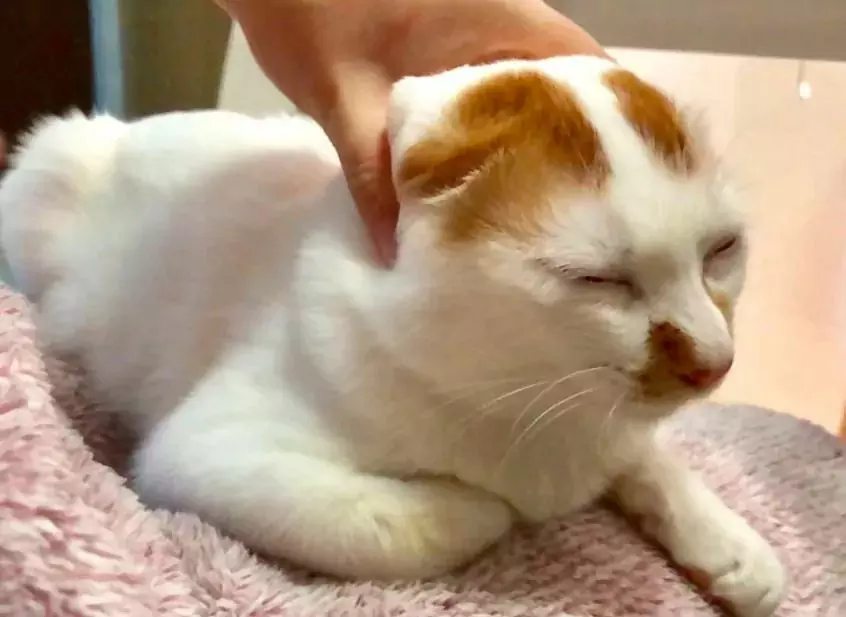
Why do cats sleep so much? How long do cats sleep in a day? Cats' sleep cycles, sleep habits, and dreaming
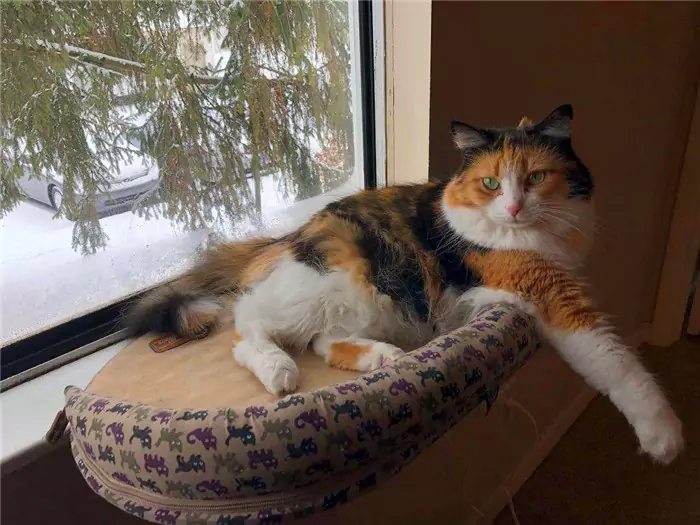
Why is my cat losing its hair?
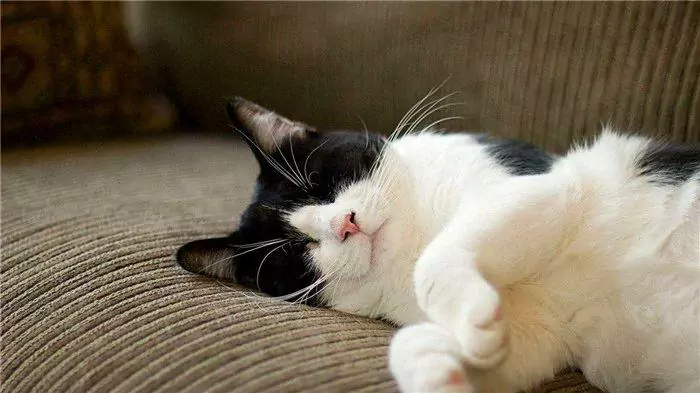
Why do cats purr?
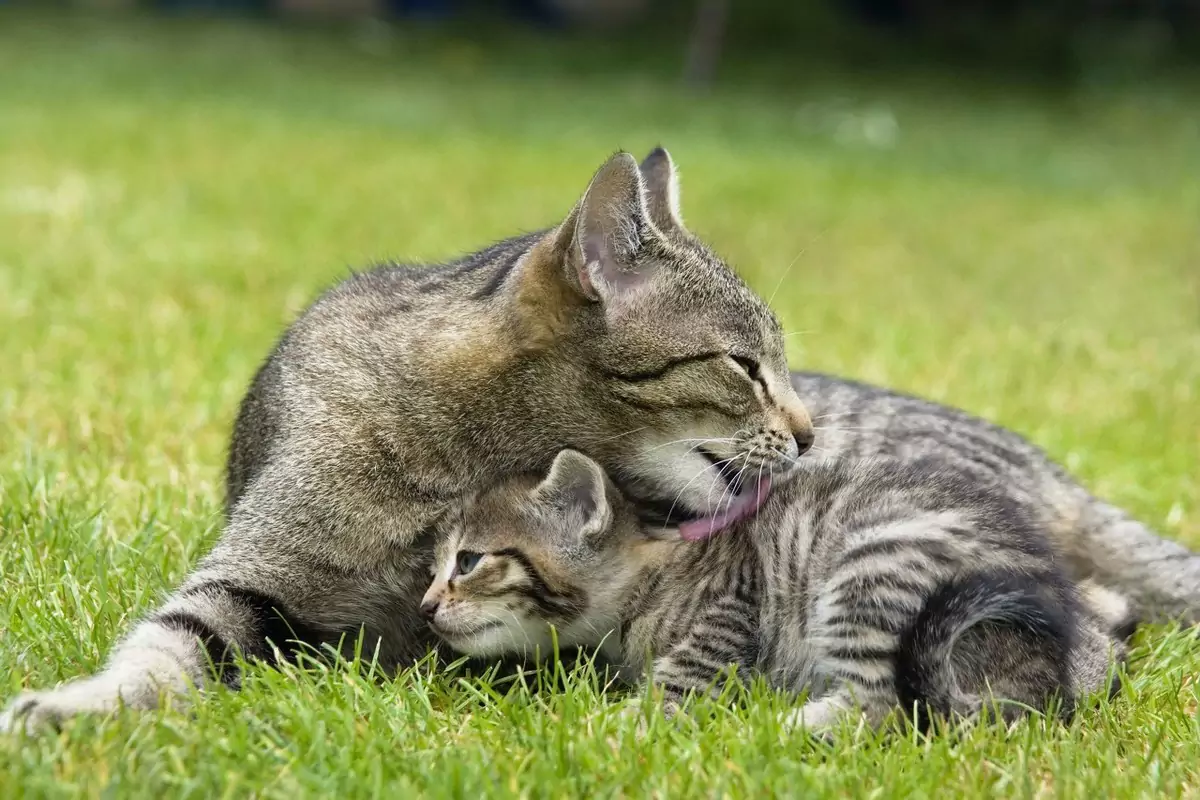
Why do cats groom each other?
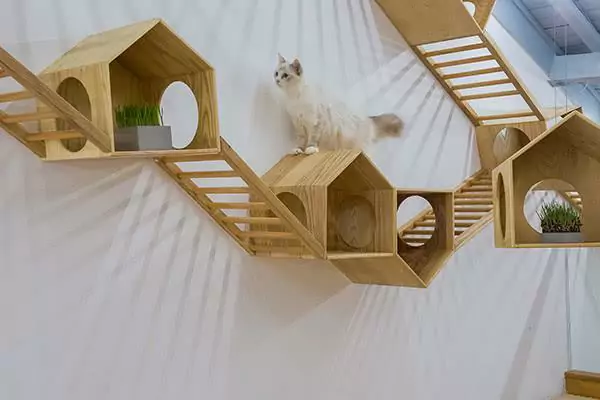
How long do cats live indoors? Do cats get lonely?
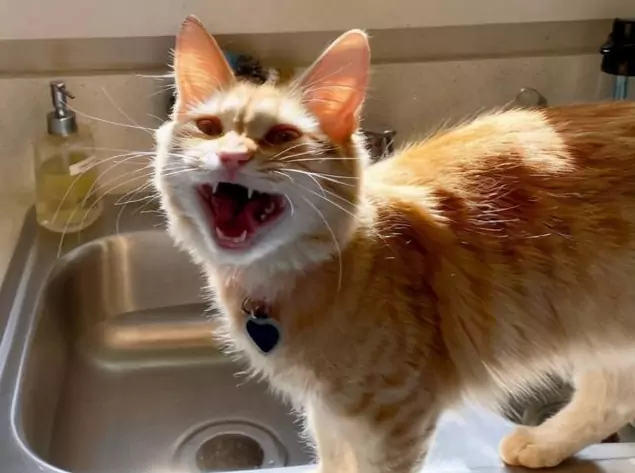
Why do cats make hissing noises? The origin of the hissing sound of cats
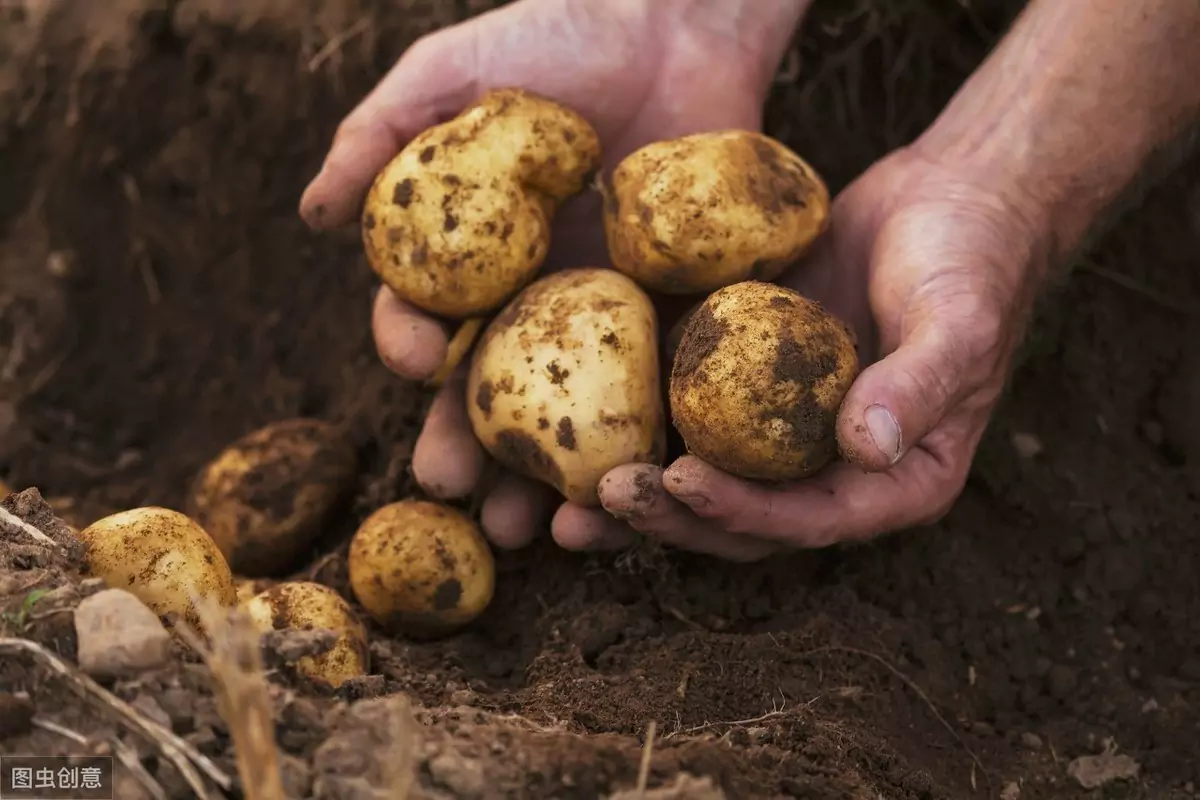
Are potatoes toxic to cats? What causes the onset of potato sprout poisoning in cats?
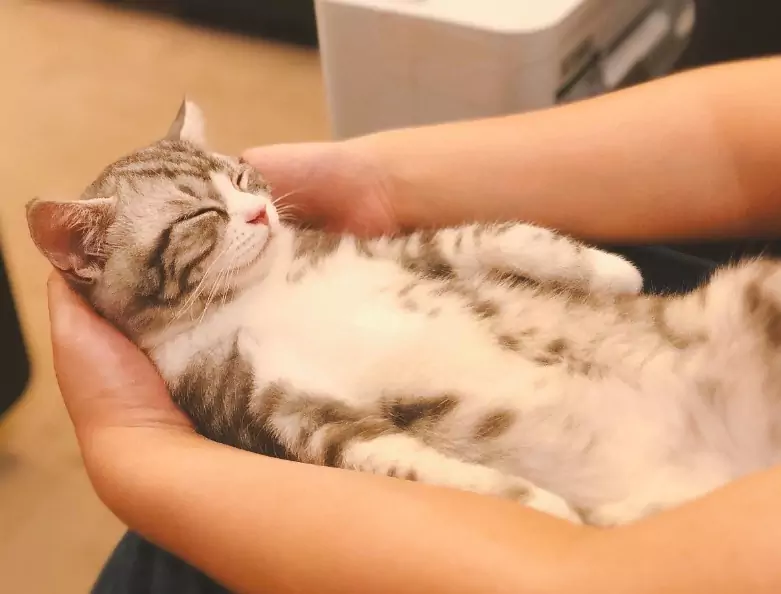
Why does my cat sleep on top of me? Reasons why cats like to sleep next to their owners
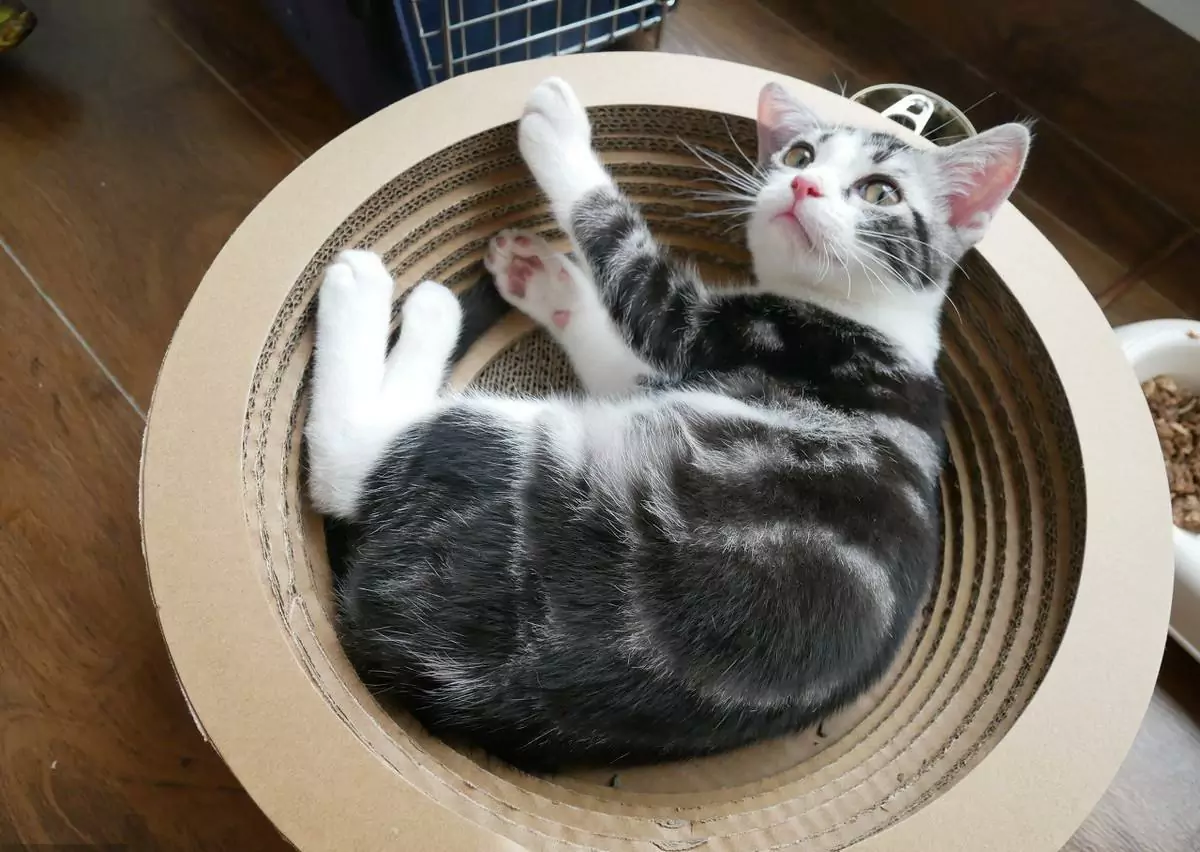
How do make cats like you? How to get cats to like us is quite simple
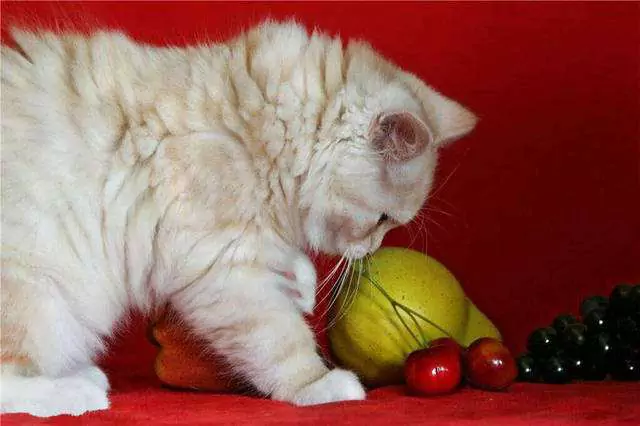
Can cats eat grapes? Why can't cats eat grapes?






